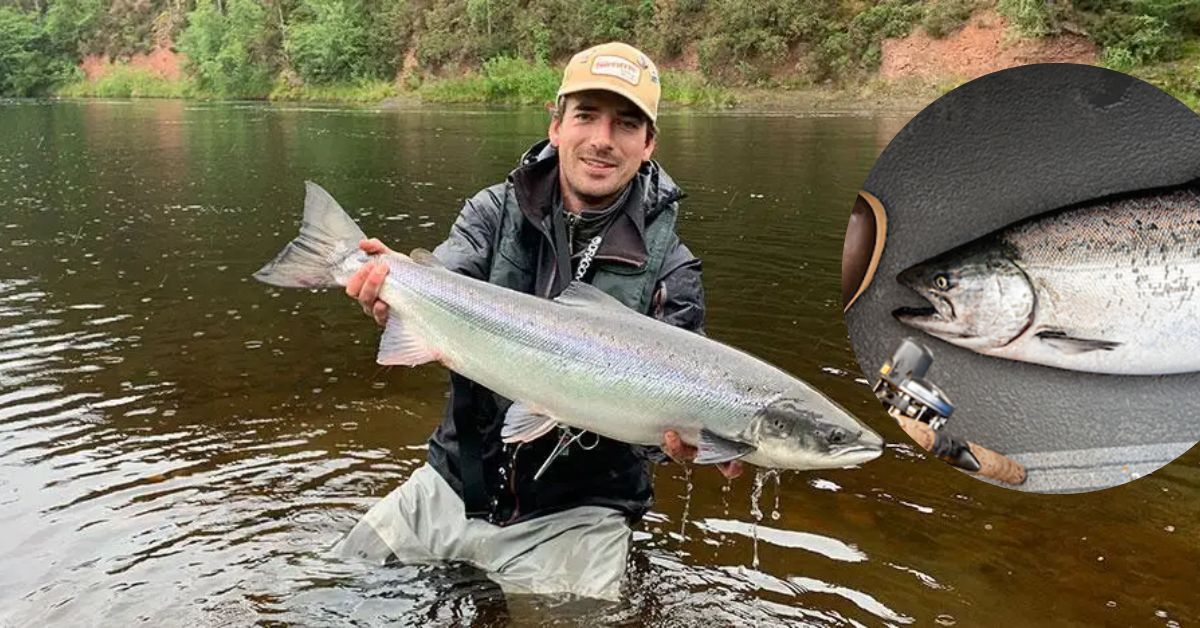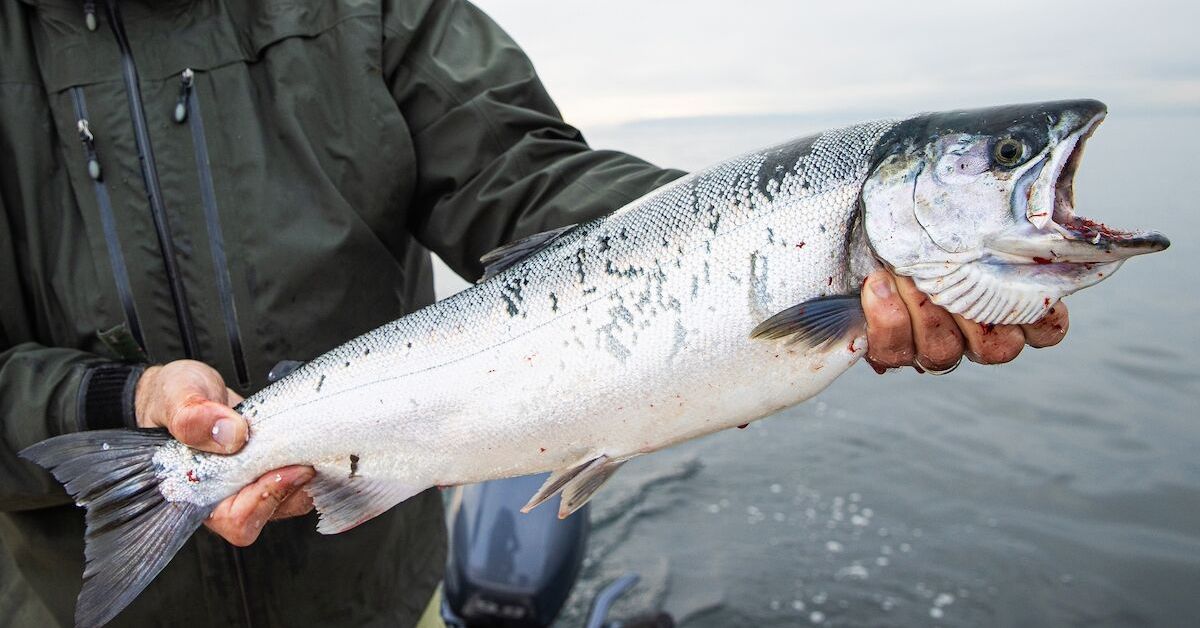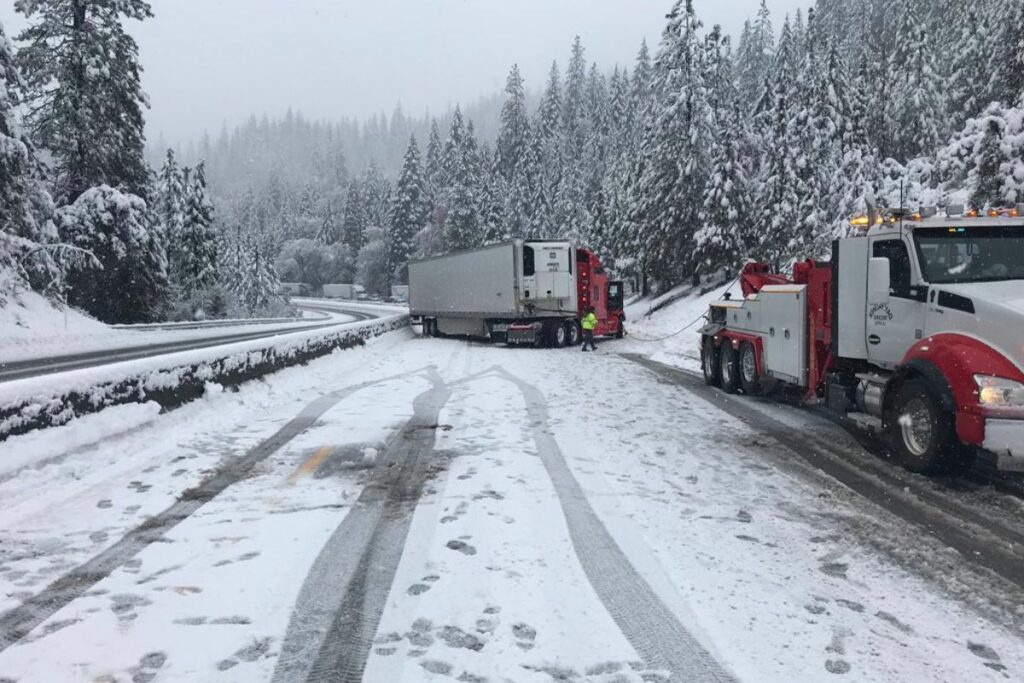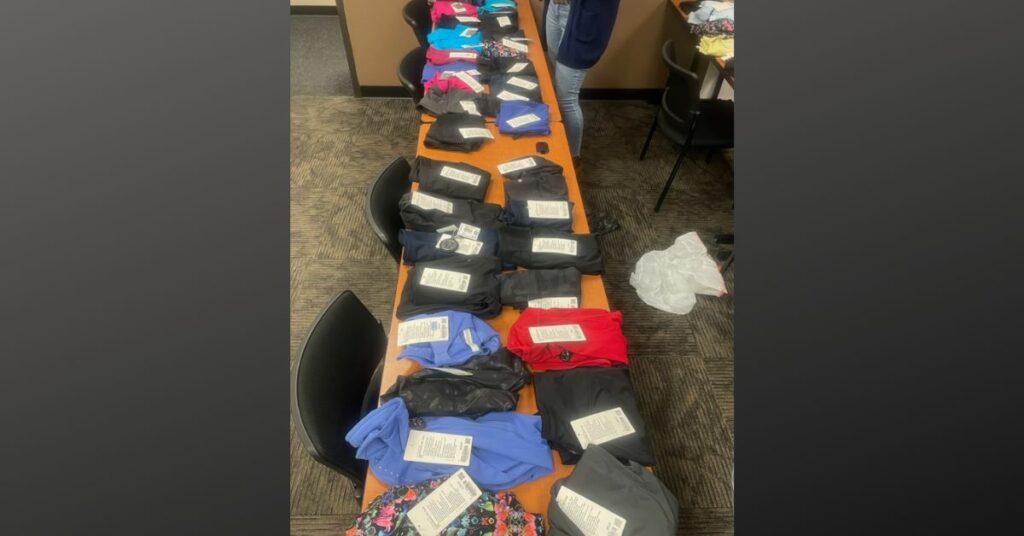As near-record low quantities of king salmon, also known as chinook, returned to California’s rivers last year, a federal regulatory body agreed Thursday(April 6, 2023) to formally stop king salmon fishing season throughout most of the West Coast.
From Cape Falcon in northern Oregon to the California-Mexico border, the Pacific Fisheries Management Council has voted to ban commercial and almost all recreational chinook fishing in 2023. Along the coast of southern Oregon, recreational salmon fishing will be restricted this autumn.

“The forecasts for Chinook returning to California rivers this year are near record lows,” Council Chair Marc Gorelnik said after the vote in a news release. “The poor conditions in the freshwater environment that contributed to these low forecasted returns are unfortunately not something that the Council can, or has authority to, control.”
Scientists report a severe drop in chinook salmon due to prolonged drought. Many in the fishing sector blame the Trump administration’s liberalization of water diversion laws for the Sacramento River Basin for the industry’s continued decline.
The shutdown, which affects adult fall-run chinook, is a significant blow to the salmon fishing sector in the Pacific Northwest. The salmon taken along Oregon’s coast often trace their origins back to the Klamath and Sacramento rivers in California.
They spend an average of three years maturing in the Pacific, where commercial fishermen often catch them after hatching them in freshwater. This is followed by migrating back to their spawning areas, where circumstances are more favorable. There is no life beyond egg-laying.
The U.S. Secretary of Commerce makes the ultimate decision and has typically accepted the council’s recommendations because of its advising role. The Federal Register will reflect the secretary’s final judgment in a few days.
The latest buzz from Oregon State, including all the news you can’t miss-
- How Oregon Supports Child Care for Construction Workers?
- Parents With Severely Disabled Children May Soon Get Compensation.

The native California salmon population is in steep decline, according to experts. The Endangered Species Act already protects California’s spring-run chinook salmon. The Central California Coast coho salmon, which has been off-limits to commercial fishermen in California since the 1990s, and the winter-run chinook are both endangered.
Only coho and chinook salmon will likely be available for recreational fishing in Oregon this summer. North of Cape Falcon, along the Columbia River, and in the waters off the Washington coast, the salmon season is set to begin as usual. Notwithstanding the thousands of jobs lost, the shutdown is widely supported. Many fishermen express a desire to act immediately to ensure sustainable fish populations.
They anticipate respite from the drought caused by California’s stormy winter. Most of California’s reservoirs have been refilled after an extraordinary sequence of violent storms dumped record quantities of rain and snow, breaking a catastrophic three-year drought. Yet, rivers with too much water might wash away eggs and immature hatchlings.





